
Rugby players the world over face the same job pressures and same internal battles as everyone else in other professions.
The difference is that you have to confront those things within a testosterone-fuelled changing room with pressures of performance and old-school masculinity weighing upon you – and if you’re unlucky, with a 120kg Samoan running straight at you when you step out onto the pitch!
Being a pro rugby player is a huge privilege and an incredibly exciting profession at times, but it’s not always the dream career. There are a lot of people with unhappy stories. I find it difficult to say this to people because it is too easy to view me as having a chip on my shoulder because I didn’t get picked as much as I would have liked, but it is nothing to do with that.
I’m proud with how I applied myself during my career, I just think it would be good if people were more empathetic to those that put their bodies and well-being on the line for the sake of entertainment. I also believe the standard of care should be better within the system.
My happiest memories in rugby are from school, captaining Wellington College to back to back unbeaten seasons and winning both The Daily Mail Cup and Rosslyn Park 7s. Off the back of this success I signed for Northampton after finishing my A-level exams. That year was a baptism of fire; the treatment of younger players at the club at that time was harsh. Halfway through my contract, I left for Leeds, to hopefully play more.
Initially that was the case. The coaches allowed me to express myself on the field and gave me both confidence and opportunity to play. Scoring 16 points on my debut away at Gloucester was the best start I could have asked for! Shame we couldn’t quite close out a win. As the defeats stacked up, panic set in. I was on the pitch the moment the final whistle sounded on Leeds’ time in the Prem at Franklin’s Gardens.
Our relegation led to me signing for England 7s, a decision that gave me my fondest memories as a professional. My four-year spell as a full-time player with England 7s got off to a dream start on the world series, scoring with my first touch of the ball against Zimbabwe in Dubai. I’d only started running on grass again about two days before the tournament having snapped my ankle ligaments a couple of months prior after landing awkwardly on a ball I’d dropped – something everyone found very funny, except me. We went on to win that tournament beating New Zealand and Fiji on the way.
I was fortunate to play in some amazing places during my time on the travelling circus of 7s and afforded opportunities to see and do things that I never thought rugby could offer. It is a special career and a special sport, one that with better funding and focus would not only help the quality of rugby on a 15s field but one that could surpass that format all together.
I’d have loved to have continued playing sevens but my relationship with head coach Simon Amor was always tricky. I believe I deserved more. There are certainly personality types that seem to struggle in rugby. Those that don’t conform to norms and those that like to question why. Perhaps I should have questioned less and conformed more, but that’s not who I am. Or maybe I should have just tackled more; I’m sure that would have helped too.
Once a coach makes their mind up about you it is very difficult to change that. It becomes personal, whether the coach is aware of that or not. Coaches, strength and conditioners and physios play a much bigger role in the thought processes and happiness of players than they think. Maybe they should be better educated around player welfare issues. I experienced first-hand the very best and worst of player welfare (I was once forced to play post major surgery with a wound that had yet to fully close).
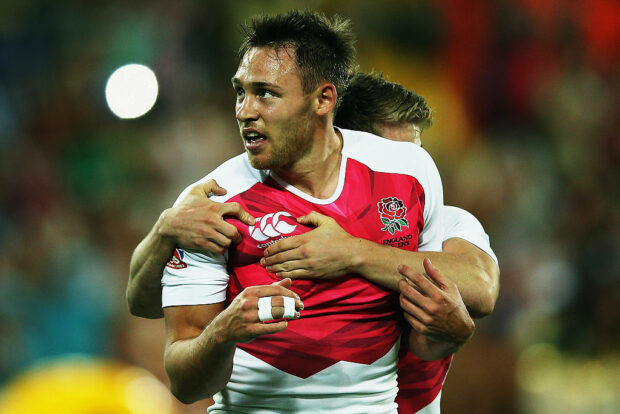
I ended up going back to 15s in 2015, with London Irish. However about four weeks in, I knew my days in rugby were numbered. I was now playing to make other people happy, not myself, and in a career that lots of people would give anything to have a slice of it felt almost unappreciative to be doing it for doing its sake. These feelings only grew at Irish.
The atmosphere at the club was fairly toxic that season. Whereas the England 7s guys were incredibly humble and worked hard to get better, there was a culture at Irish that accepted ego and negativity. I kind of removed myself from the group for fear of being complicit with behaviour I didn’t believe to be right. I think that is part of the reason why I didn’t get picked more. I realise now I should have gone to the coaches and explained why I’d acted in that way – I think Tom Coventry, the coach, struggled with that culture, too.
I decided to retire at the end of that season. I’d been popping painkillers and anti-inflammatories for the last two years of my career, and that had taken a toll. When you’re motivated and happy, the pain is manageable; when it’s not, it becomes a problem. I believe it led to me suffering from IBS, because those prescription drugs can rip up your gut lining. In the tunnel for one 7s Cup quarter-final against Fiji all I could think about was whether or not I’d need to dash to the toilet. Through nutritional change and a different approach to exercise, I’m absolutely fine now.
Had my understanding of physiology and movement been what it is now, perhaps I wouldn’t have required so many pills to keep me playing! Since retiring I’ve been on a journey to fix my ailments and have launched a gym in Fulham, The Move Studios, to help people to learn to move better and pain free. None of what I am doing now would have been possible without the career I was afforded in rugby. I always worry that my story in rugby sounds negative. It is not, but nor was it simple. I’m better being my own boss.
– As told to Jon Newcombe


Champions Cup
Bordeaux Begles accused of Henry Pollock vendetta

Latest News
Lamb support for Champ changes

Latest News
GB to cut its sevens project

Latest News
Call for concussion protocols to be revised
















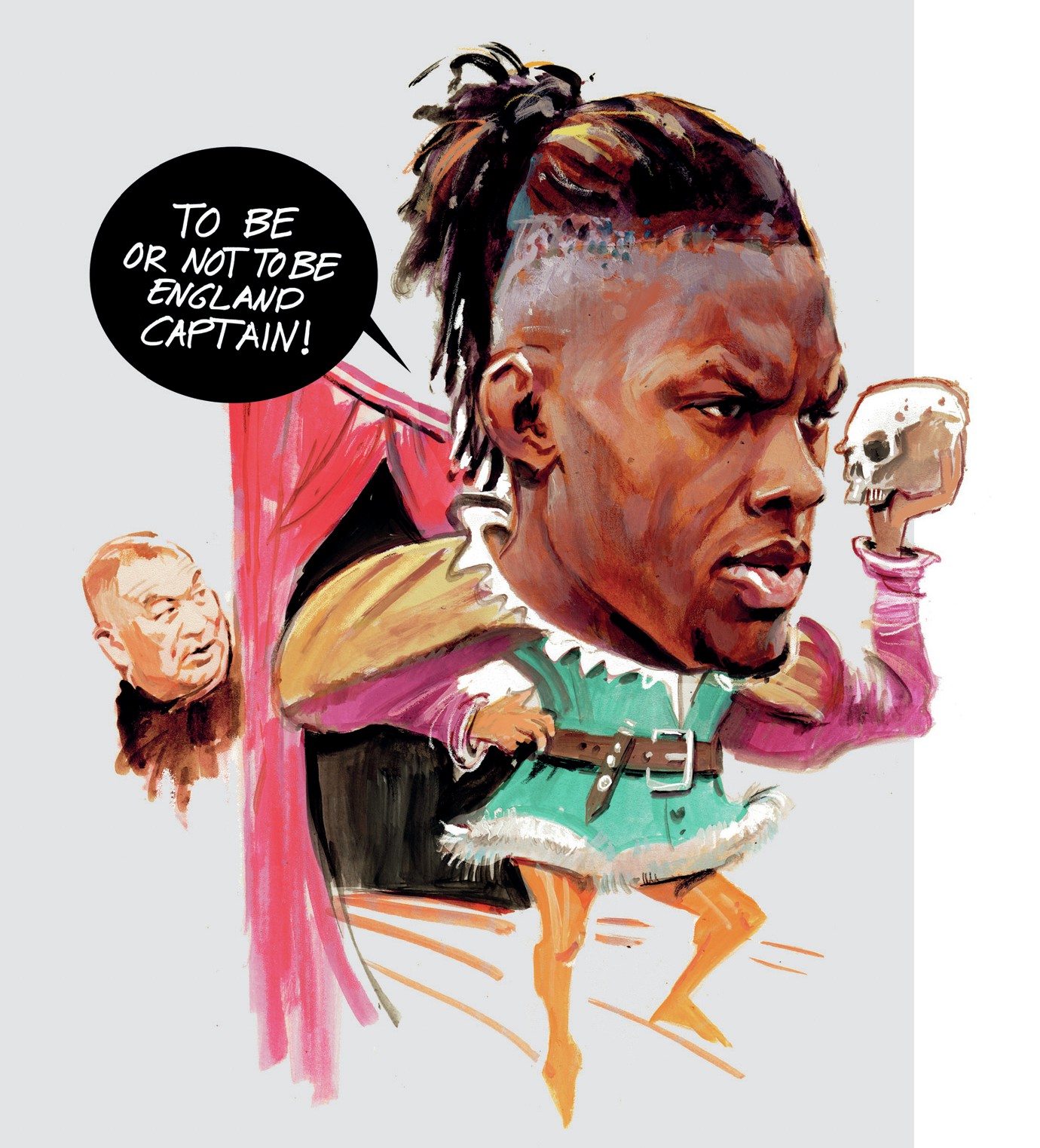
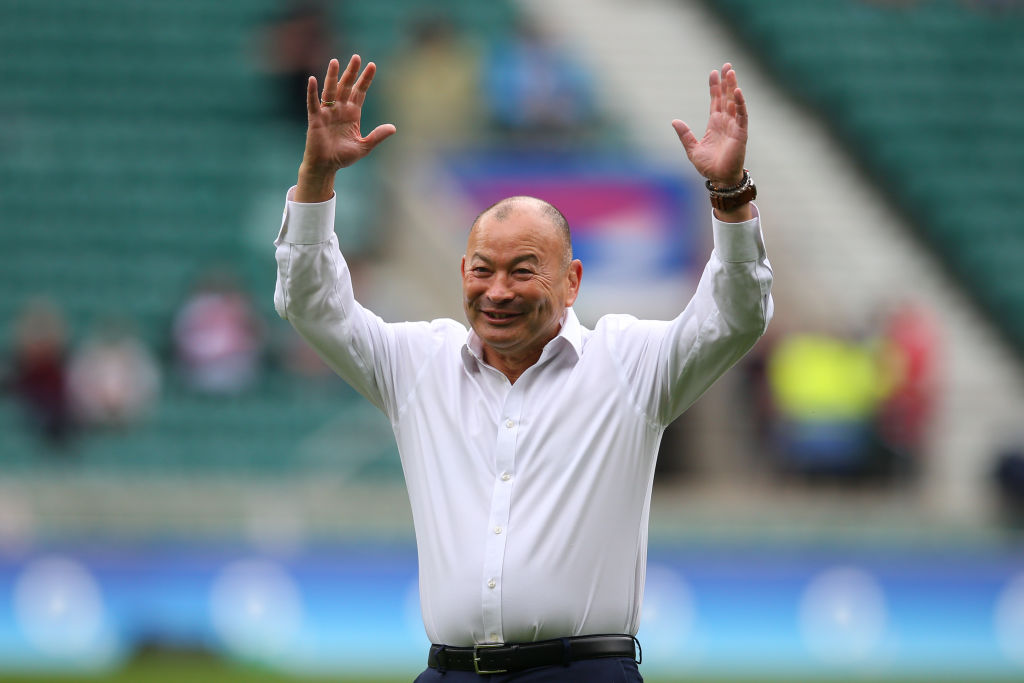
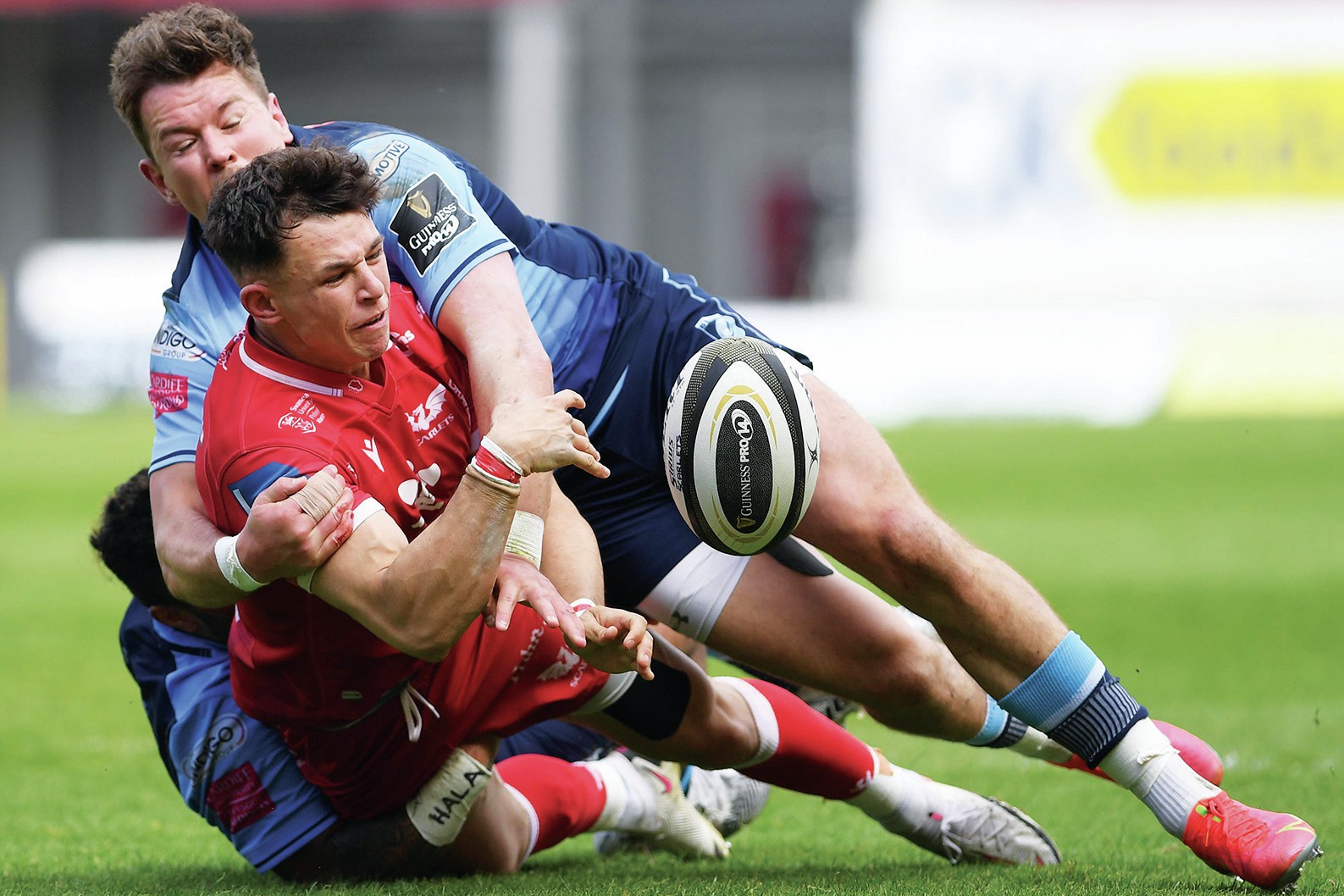
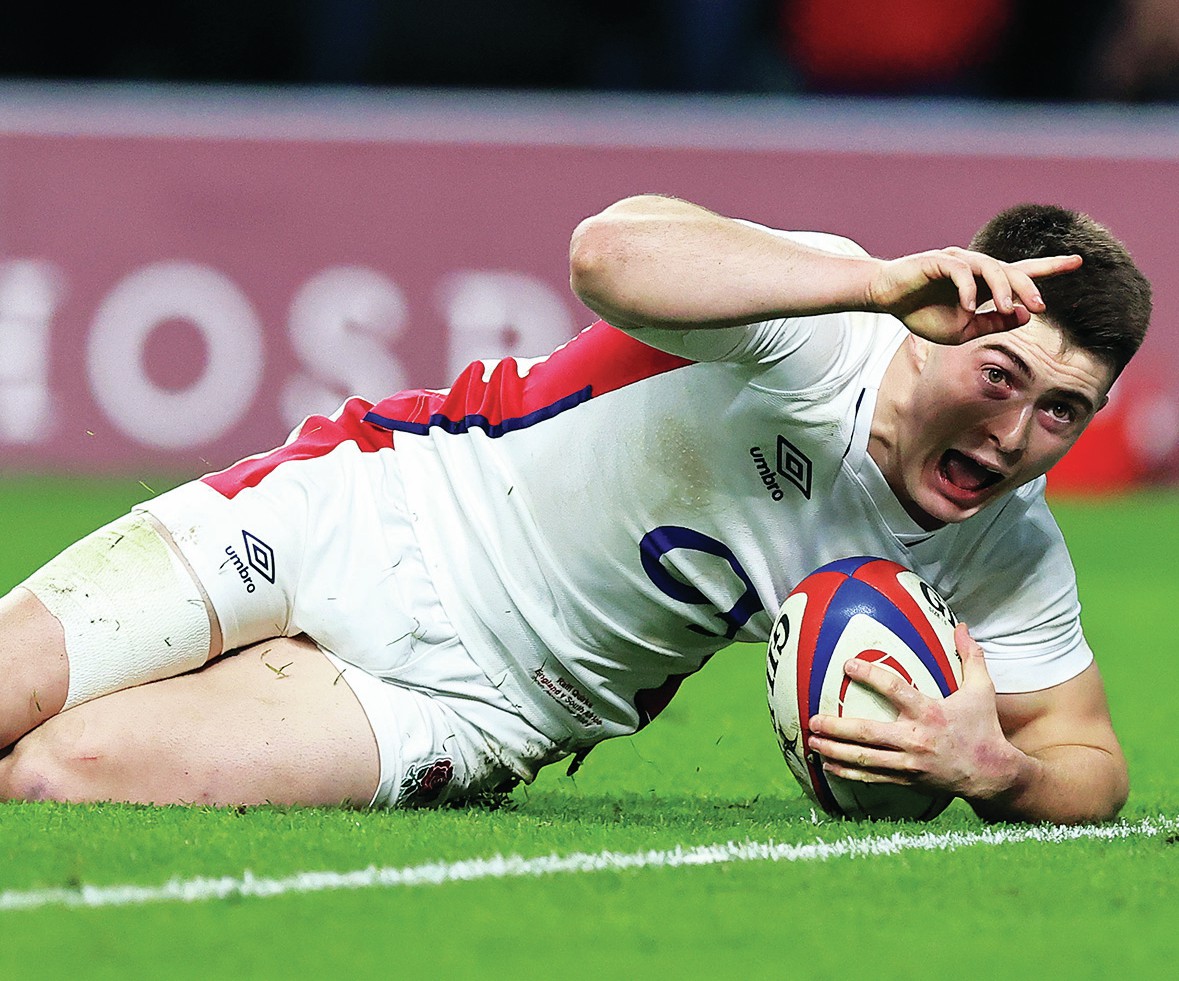
You must be logged in to post a comment Login